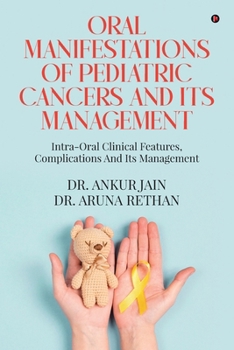Oral Manifestations of Pediatric Cancers and Its Management: Intra-Oral Clinical Features, Complications and Its Management
The second most common cause of death in children is childhood cancer. It corresponds to a group of diseases characterized by the uncontrolled proliferation of atypical cells, which may occur anywhere in the body. The most common malignant neoplasms of childhood are the leukemias, central nervous system tumors, and the lymphomas.
Children undergoing cancer treatment have many symptoms and diseases that manifest themselves in an acute and chronic manner. Oral complications may be observed during chemotherapy and are important side effects that may directly affect the anticancer treatment. The medical treatment received by children with cancer is not aimed exclusively at treatment of the malignant disease but also involves preventing and managing the many possible complications of the treatment itself.
The entire population exhibits considerable amounts of variation in dental development. Potential long-term and chronic effects of cancer treatment on the oral cavity in children include altered root development, enamel opacities, hypocalcification, periodontal issues, and higher caries rates.
This book is aimed at emphasizing the oral manifestations and management of cancers in pediatric patients.





